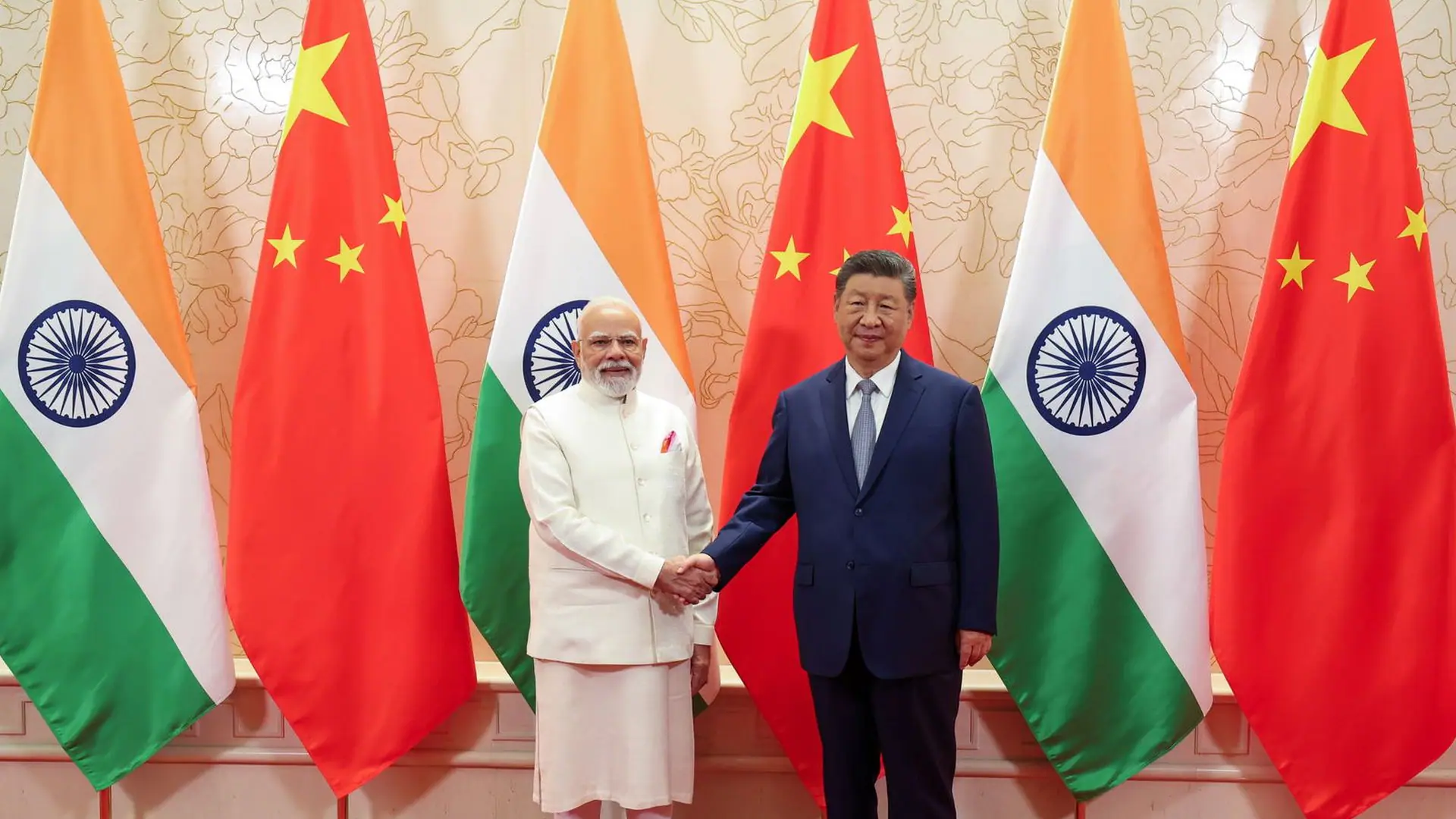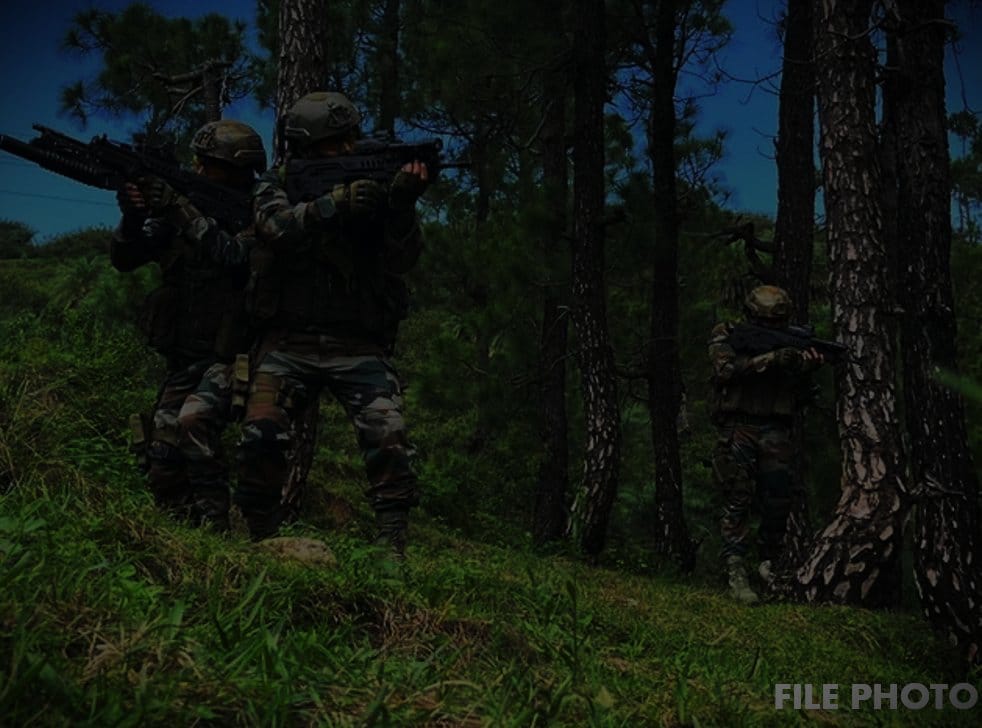Empires don’t abdicate softly. Armies withdraw, banners come down, but lips remain. For more than a half-century since formal independence, Burkina Faso—as was a large swath of francophone Africa—maintained French as an official language. It was the language of court, school and the state. Now, with President Ibrahim Traoré (the second youngest head of state in the world), this colonial baggage has been intentionally scrubbed off. French has been reduced to a “working language” while Mooré, Dioula, Fulfulde, Bissa and other native languages achieve official status.
Archives
How Long Will the India-China Diplomatic Rekindle Last?
When the American President Donald Trump launched his trade war, both India and China were in his sights. Trump’s officials maintained America was a victim of “unfair trade practices” and thus slapped a barrage of tariffs on steel, aluminium, and a variety of manufactured goods emanating out of India and China. Although Beijing was primary target, India lost duty-free trade privileges under the Generalized System of Preferences (GSP) in 2019.
Modi vs Indira Gandhi: Leadership Styles That Shaped Two Eras of Indian Politics
On July 25, 2025, Narendra Modi surpassed Indira Gandhi’s tenure as India’s prime minister. He became the second-longest-serving PM after Jawaharlal Nehru. This has opened the debate of Modi vs Indira, who did better leadership within their respective tenures. While Indira Gandhi served 4077 consecutive days from 1966 to 1977, Narendra Modi has surpassed it. Both the leaders have been influential in their own right, impacting the country’s politics, strategy, economy, foreign affairs and nationalism.
Saiyaara: The Bollywood’s Enlightening Star Redefining the Marketing Imagination
Helmed by Mohit Suri and starring fresh faces Ahaan Panday and Aneet Padda, the July 2025 launch of Saiyara defied the conventions of Bollywood. Despite lacking star power, connections to well-known franchises, the film impressively garnered nearly ₹200 crore within just nine days of its release, cultivating a garnered acclaim as one of the year’s best emotionally resonant cinematic experiences. This outcome was not a mere coincidence; it stemmed from astute marketing strategies rooted in behavioural science, emotional branding, and a digital-first approach to communication. The movie’s return on investment transcends mere financial gain; it encapsulates a profound experience.
India is Experiencing a ‘Grief-Tech’ Revolution: AI Bots Mimicking the Dead are Causing a Stir
A new wave of artificial intelligence (AI) products, often called “grief bots” or “ghostbots,” is coming into the memory-driven marketplaces that provide emotional assistance. This […]
Beyond Bans, Teaching Digital Street Smart
With social media bans, censorships, and sweeping online restrictions gaining ground globally — often framed as a cure for the collective anxiety of parents — it’s time to ask the harder questions: Are these bans actually doing any good? Do they address the root cause of the problem, or are they just quick-fix bandages on deeper wounds? We’re well aware of the internet’s pitfalls: doomscrolling, algorithmic echo chambers, and subtle indoctrination.
Operation Mahadev: Strategic Closure to the Pahalgam Terror Strike
Operation Mahadev stands out not only as a military victory but as a new perspective on evolving national security practices. This operation aimed to neutralize the attackers of the April 22, 2025, Pahalgam massacre, which resulted in the deaths of 26 civilians. On July 28, 2025, Indian security forces conducted a joint operation in the Dachigam forests near Srinagar. It provided immediate retaliation and a data-driven closure, supported by continued intelligence, forensic verification, and international diplomatic efforts.
Trump’s Big Bet: Is the US becoming the Crypto Capital or Risking it All?
In a world already buzzing with geopolitical chaos – be it the Middle East conflict, the ongoing Russia-Ukraine war, the reopened Epstein investigation, or the constant backdoor economic deals – President Donald Trump, now back in the White House in 2025, has dropped another headline-maker. This July, his administration introduced three landmark bills in the House that have already begun stirring debates across party lines and public spheres. As expected, controversy wasn’t far behind.
Creative Economy and Mental Health: The Balance between Passion and Well-Being
The creative economy includes industries like design, media, art, and entertainment, thrives on passion, innovation, and artistic expression. It contributes remarkably to global economies, with UNESCO reporting that the cultural and creative industries generate $2.25 trillion annually and employ 30 million people worldwide. Yet, behind the vibrancy of this sector lies a common issue: the mental health challenges faced by creative professionals.
Atmanirbhar Bharat: Reforms for Empowering India’s Defence Ecosystem
Since its inception, the term “Atmanirbhar Bharat” that literally translates to Self-Reliant India has increasingly become the symbol of India’s growing economic self-sufficiency, manufacturing prowess and holistic national development and India’s defence manufacturing sector has been pioneering the actualisation of the vision like no other. With indigenous defence production skyrocketing to record high of ₹ 23,622 crore in 2024-25, that marks a growth of 12.04% over 2023-24, India’s defence ecosystem stands as testament to the remarkable shift that the industry has undergone from heavy dependence in the post-independence era to a growing indigenous industrial base, in recent years.









